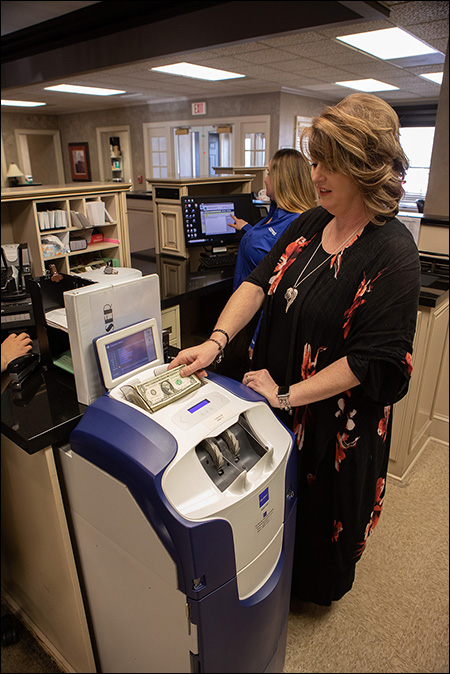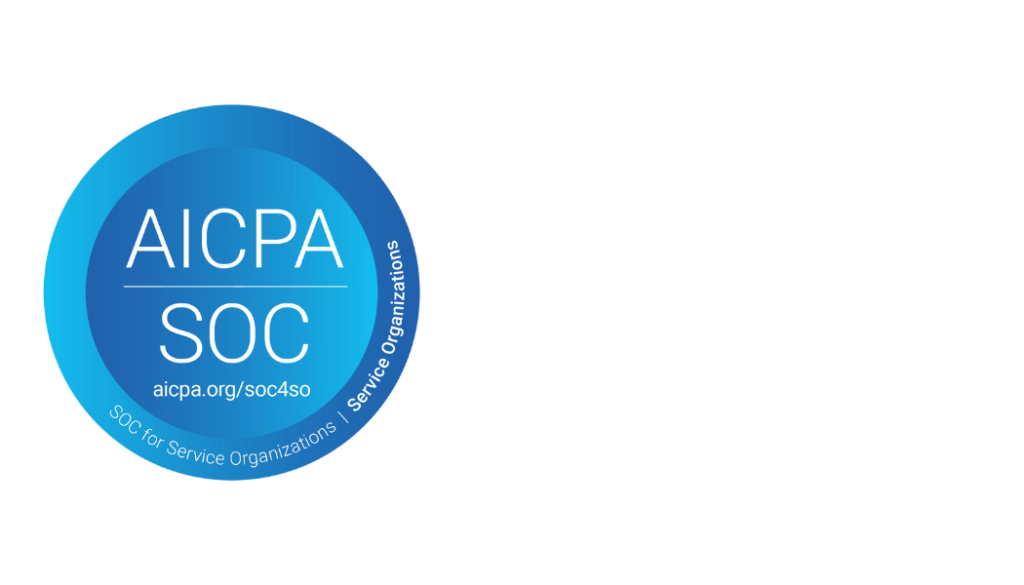
Cash automation refers to the machine-assisted handling and processing of cash, often in a bank or similar setting. This may include the use of devices such as bill counters, currency dispensers, smart safes, and cash recyclers.
While there is no universal definition of what “counts” as cash automation and what does not, is generally accepted that it means a machine does some aspect of the actual cash handling process, such as counting or sorting, faster or more accurately than a human operator could do it by hand. For that reason, a currency counter or a cash recycler would be considered a cash automation device, but a simple cash register or a calculator probably would not.
Interestingly, the term “cash automation” tends to be used almost entirely in reference to processes that require some input from a human operator employed by a bank or business. So, fully independent devices, such as automated teller machines (ATMs) or self-service kiosks, are not commonly referred to as cash automation devices, even though they both handle cash and are automated. Instead, they are usually grouped under the umbrella of “self service.”
Cash automation is most often associated with high-volume cash processing done at bank branches, armored car companies, and related businesses. Due to the decreasing cost of cash automation devices, however, they are coming into increasing use at retail stores and other businesses that accept significant amounts of cash in the course of their daily operations.
Digital Check’s Avivatech software division is dedicated exclusively to cash automation and cash recyclers — visit www.avivatech.com to find out more.





